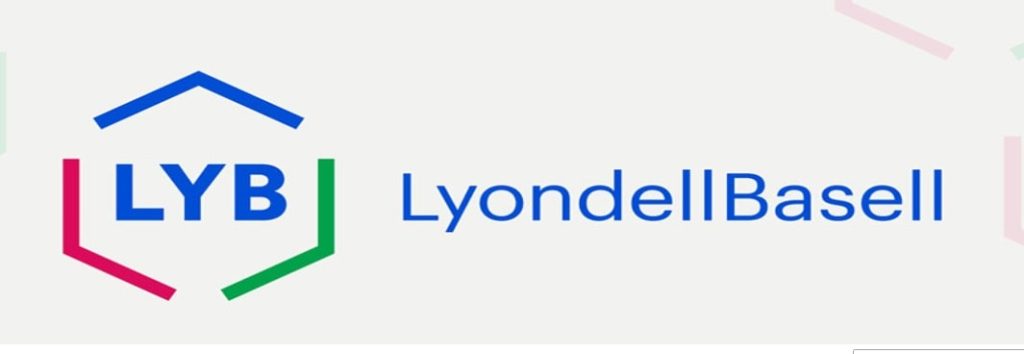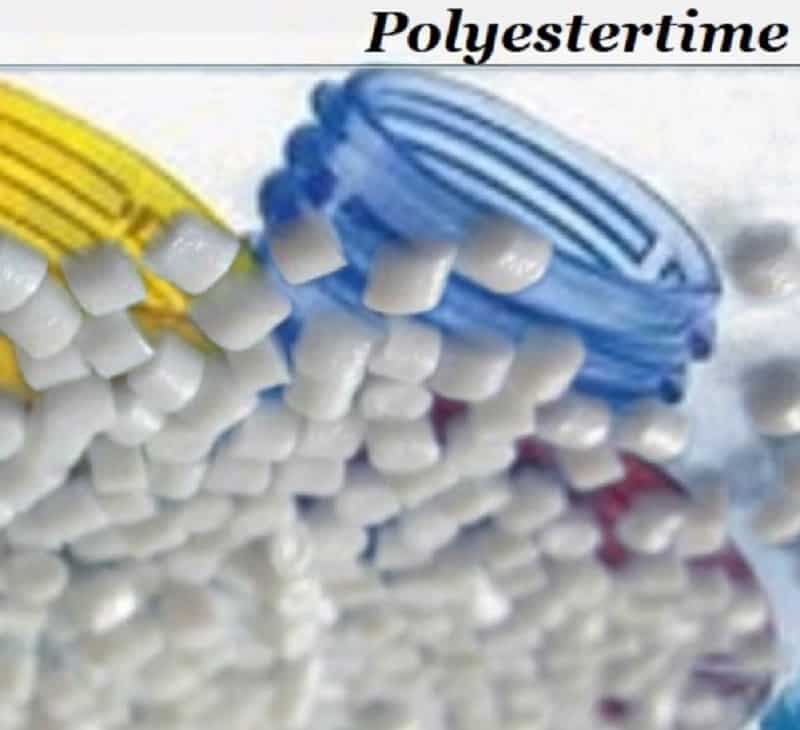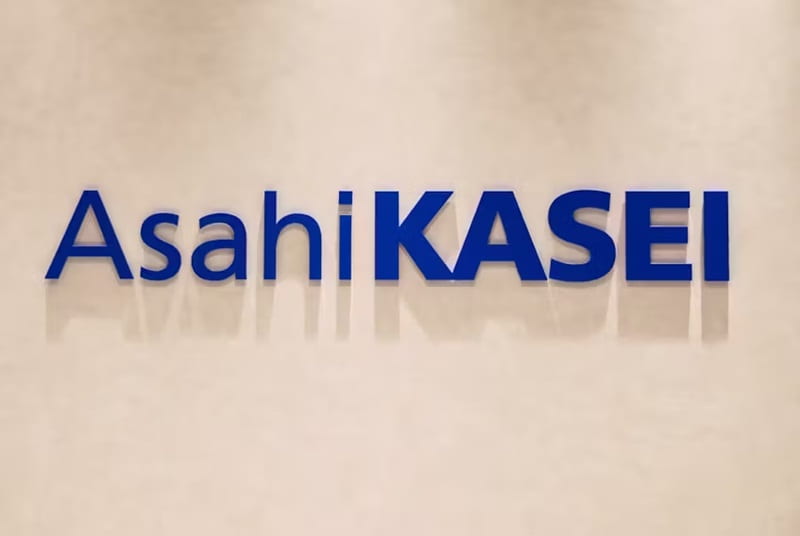R-PET Resin – LYB lays foundation for 1st industrial-scale advanced recycling plant at Wesseling, Germany, site 23-09-2024
R-PET Resin
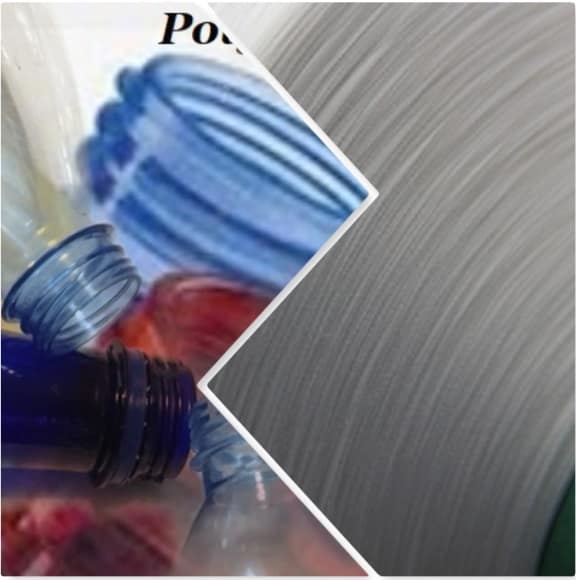
- PET Bottle – StarLITE®-R Premium: Sidel’s New rPET Bottle Base Elevates High-End Packaging 16-09-2024
- New enzyme technology for environmentally friendly plastic recycling
R-PET Resin
Sidel’s new whitepaper outlines how beverage producers can leverage the growing consumer demand for variety packs, a trend that has taken off in North America and is gaining traction globally
This whitepaper distills Sidel’s expertise to support beverage producers and brewers in designing and implementing variety pack solutions, helping them capitalize on the increasing consumer interest in variety, novelty, and customization.
The Rising Demand for Variety Packs
The popularity of variety packs, particularly for flavored alcoholic beverages, has skyrocketed in recent years. Between 2016 and 2020, the sales of such packs rose by 833%, reflecting consumers’ desire for choice, novelty, and customization
This trend is closely linked to the rise of hard seltzers, which first appeared in the U.S. in 2013 and grew into a $2 billion market by 2021, with over 60 brands competing in the space. R-PET Resin
Variety packs offer consumers a range of benefits. They allow for sampling of new flavors, cater to different tastes in social settings, and often provide a better value proposition. Their convenience in terms of storage and transportation makes them even more appealing to consumers. Moreover, with the growth of online sales and digital interactions, breweries now have the potential to offer personalized variety packs, allowing consumers to create customized selections that suit their individual preferences.
The Shift to In-House Solutions
As the variety pack trend continues to gain momentum, beverage producers are exploring different packaging strategies. These approaches can range from manual processes to fully automated systems, including repacking lines with work-in-progress (WIP) storage or advanced on-the-line production models. R-PET Resin
Initially, many producers outsourced their variety pack production to contract packagers to avoid making large capital investments. However, as demand has grown, in-house manufacturing has become a more attractive option. This shift represents a significant industrial opportunity, particularly for larger beverage companies with dynamic product offerings and high sales volumes.
According to Stan Hume, Director of Can & Glass Business Development Americas at Sidel, companies looking to internalize the packaging process are striving to find the right balance between production capacity and investment R-PET Resin
In mature markets like North America, producers are increasingly adopting advanced production tools and processes, allowing them to manage the increased complexity while saving on co-packing costs.
Addressing the Technical Challenges
Transitioning to an in-house variety pack solution presents several technical challenges. Beverage producers must navigate additional production costs and operational complexities, including optimal space utilization, advanced line control, automation, and SKU (Stock Keeping Unit) management. Flexibility is essential, as the solution must handle both variety packs and standard packaging, ensuring productivity while maintaining the agility to respond to evolving consumer demands. R-PET Resin
The Sidel whitepaper offers valuable guidance for overcoming these challenges. It explores the technical and logistical aspects of implementing an in-house solution, including how to ensure ergonomic workflows and efficient automation systems. Sidel aims to assist beverage manufacturers in making informed decisions as they transition toward internal variety pack production.
Tailored Solutions and Expertise
Drawing on over four decades of experience in custom packaging lines, Sidel’s whitepaper provides detailed insights into product management, line design, and industrial partnerships R-PET Resin
It helps decision-makers define their needs, embark on change management, and select the right partners to bring their variety pack production in-house.
According to Hume, there is no “one-size-fits-all” solution for variety pack production. Instead, each system must be tailored to meet the specific needs of the company, which requires strong engineering and system design capabilities. Sidel’s expertise lies in its ability to work closely with beverage producers to create and deliver custom solutions that address complex packaging requirements. R-PET Resin
Sidel’s long-standing relationships within the beverage industry and its experience with packaging technologies make it a trusted partner for beverage companies looking to innovate. The whitepaper reinforces this by offering actionable strategies for companies aiming to capitalize on the growing demand for variety packs.
Conclusion
The surge in popularity of variety packs, particularly in the North American beverage market, presents significant opportunities for beverage producers worldwide. As consumer preferences for novelty, customization, and variety continue to grow, adopting an effective variety pack strategy can be a key driver of success. R-PET Resin
Sidel’s new whitepaper provides comprehensive guidance for beverage manufacturers looking to transition to in-house production. By addressing the technical, logistical, and operational challenges associated with variety pack production, Sidel positions itself as a valuable partner in helping beverage producers navigate the complexities of this growing trend. R-PET Resin
For beverage producers looking to stay ahead in a competitive market, leveraging the insights and expertise offered in Sidel’s whitepaper could be the key to unlocking new growth opportunities through variety pack offerings.
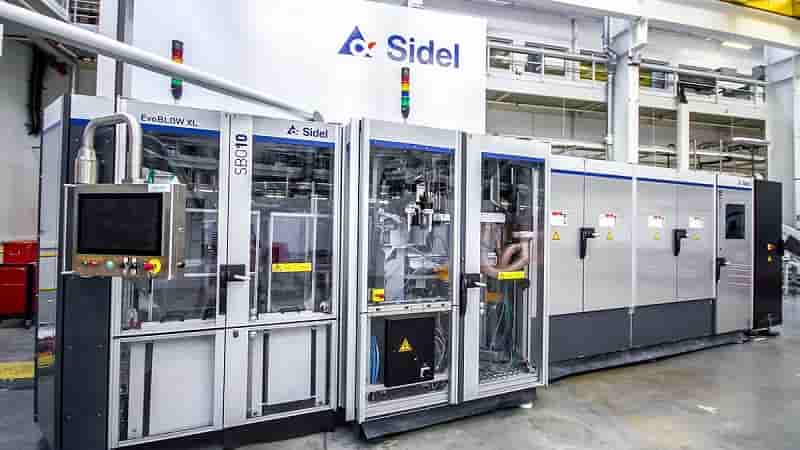
R-PET Resin
LYB lays foundation for 1st industrial-scale advanced recycling plant at Wesseling, Germany, site
Catalytic pyrolysis unit in heart of Europe to bolster sustainable growth, value creation
- Chancellor Scholz, top elected officials attend milestone event; celebrate company commitment to Cologne region
- Proprietary LYB MoReTec technology enables scalable solution to recapture valuable raw materials from hard-to-recycle plastics often destined to landfill, incineration
- Unit’s design and process technology enable high plastic-to-plastic yield; allow for operation under 100% renewable power, helping reduce GHG emissions
LyondellBasell today advanced its journey toward sustainable growth and value creation by laying the foundation of its first, catalytic advanced recycling plant at its Wesseling, Germany site. R-PET Resin
German Chancellor Scholz and Minister-President Wüst attended the celebrations, underscoring the project’s importance for both the region’s and Germany’s goals for a circular, low carbon economy.
Targeted startup for the new unit is set for 2026, as part of the company’s strategy to build a profitable Circular and Low Carbon Solutions business.
Using LYB proprietary MoReTec technology, this plant will be the first commercial scale, single-train advanced recycling plant, designed to demonstrate its capability for further scalability. This unit will convert pre-treated, mixed waste plastic into raw materials to produce new plastic polymers that will be sold under the LYB CirculenRevive brand. These polymers complement the company’s offerings in mechanically recycled and renewable-based polymers marketed respectively under CirculenRecover and CirculenRenew branding. R-PET Resin
“Germany is a strong location for the chemical industry and the new LYB plant in Wesseling represents the future viability of this industry. As the first large-scale industrial plant for chemical plastic recycling, it is a significant step towards a circular economy”, said Federal Chancellor Olaf Scholz. “The German government is committed to strengthening and further enhancing Germany as a location for the chemical industry.”
